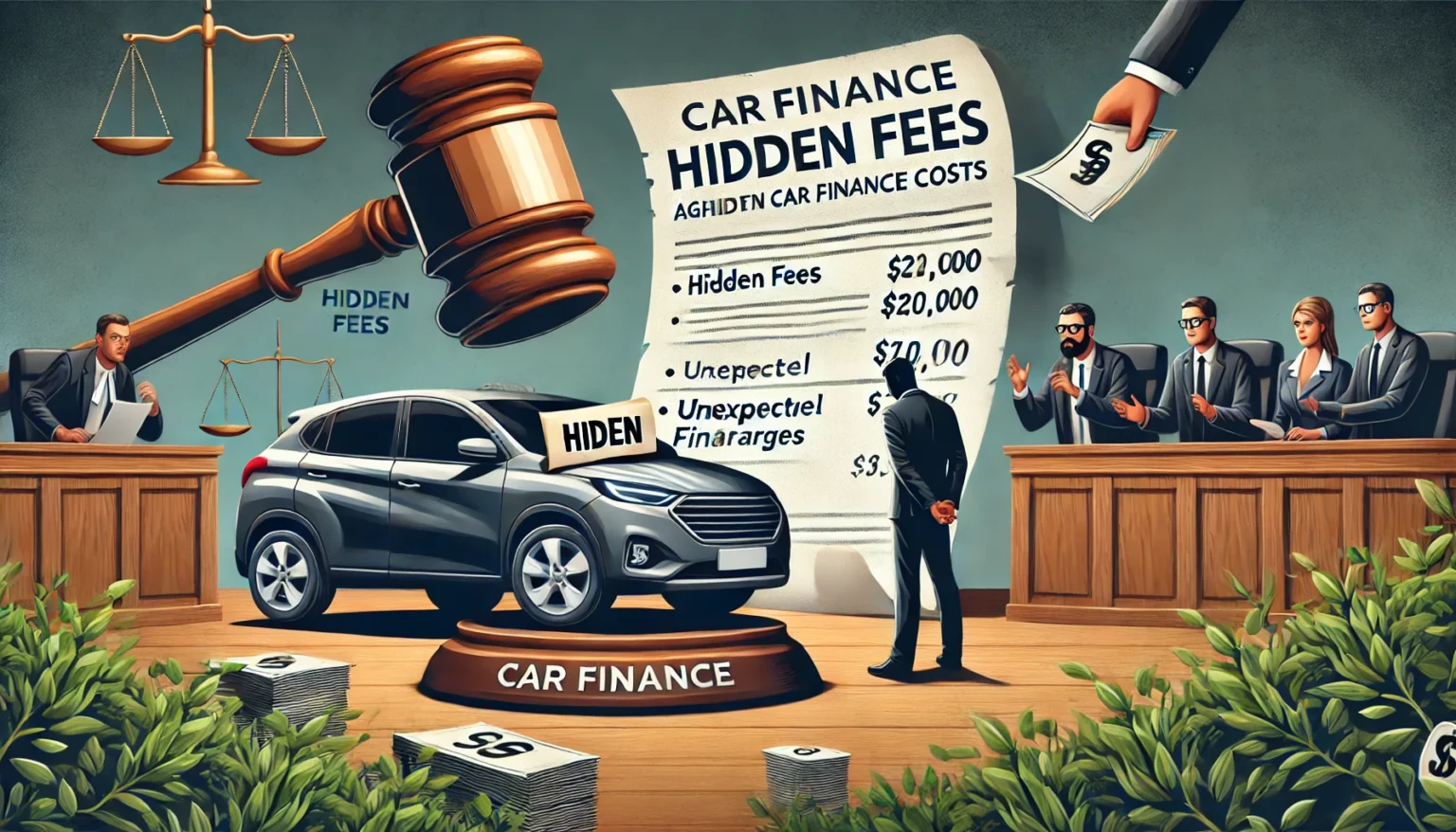In recent years, the issue of mis-sold car finance has garnered significant attention, particularly concerning Personal Contract Purchase (PCP) agreements. These agreements, when misrepresented or inadequately explained, can lead to substantial financial detriment for consumers. Understanding the legal ramifications and avenues for redress is crucial for affected individuals.
The Legal Framework Surrounding Mis-Sold Car Finance
Mis-selling in car finance typically involves the non-disclosure of commissions or the provision of misleading information regarding loan terms. Legally, such practices can constitute misrepresentation, which is addressed under the Misrepresentation Act 1967 in the UK. This Act allows consumers to seek rescission of the contract and claim damages if they have entered into an agreement based on false statements.
A landmark case in this context is Royscot Trust Ltd v Rogerson [1991], where the Court of Appeal held that damages for negligent misrepresentation under Section 2(1) of the Misrepresentation Act should be assessed on the same basis as fraudulent misrepresentation. This means that the defendant is liable for all losses directly resulting from the misrepresentation, regardless of foreseeability.
Recent Developments and Regulatory Actions
The Financial Conduct Authority (FCA) has been actively investigating the mis-selling of car finance, particularly focusing on discretionary commission arrangements that allowed dealers to set higher interest rates to increase their commissions. Such practices often resulted in consumers paying more without their informed consent. In response, the FCA banned these commission models in January 2021.
A pivotal moment in addressing mis-sold car finance is the upcoming Supreme Court hearing scheduled for April 2025. This case will determine the legality of undisclosed commissions paid to car dealers. If the court upholds previous rulings deeming such payments unlawful, it could pave the way for an industry-wide compensation scheme, potentially costing lenders up to £44 billion.
Consumer Rights and Legal Recourse
Consumers who believe they have been mis-sold a PCP agreement or any other car finance product have several legal avenues to pursue:
- Internal Complaint: The first step is to file a formal complaint with the finance provider, detailing the nature of the mis-selling and any supporting evidence.
- Financial Ombudsman Service (FOS): If the finance provider does not resolve the complaint satisfactorily, consumers can escalate the issue to the FOS, an independent body that adjudicates disputes between consumers and financial institutions.
- Legal Action: For unresolved cases, pursuing legal action may be necessary. Engaging a solicitor experienced in consumer protection law can provide guidance on the merits of the case and the potential compensation available.
The Role of Claims Management Companies
The surge in mis-sold car finance cases has led to the proliferation of claims management companies (CMCs) offering to handle compensation claims on behalf of consumers. While these companies can provide valuable assistance, it’s essential for consumers to exercise caution. Some CMCs may charge substantial fees or operate without proper regulation. The FCA has implemented measures to oversee CMC activities, but consumers are advised to thoroughly research and consider handling claims independently or seeking advice from reputable legal professionals.
Turning Financial Recovery into Life-Enhancing Opportunities
A PCP refund or any compensation from mis-sold car finance doesn’t have to be viewed solely as financial recovery—it can also be an opportunity to redirect funds into enriching experiences and future security. Here’s how reclaiming your money can positively impact your life:
- Reignite Your Travel Plans: Many individuals put travel on hold due to unexpected financial burdens. Recovering funds from mis-sold car finance could mean finally taking that long-awaited trip, exploring new destinations, or simply enjoying a well-deserved break without financial stress.
- Invest in Personal and Family Well-Being: Whether it’s prioritizing health, wellness programs, or activities that strengthen family bonds, the additional funds can contribute to a more fulfilling lifestyle.
- Strengthen Financial Stability: Using the reclaimed funds wisely, such as paying off existing debts or starting an emergency savings fund, can provide peace of mind and security for the future.
Preventive Measures for Consumers
To mitigate the risk of entering into a mis-sold car finance agreement, consumers should:
- Conduct Thorough Research: Understand the terms of the finance agreement, including interest rates, commission structures, and any associated fees.
- Seek Transparency: Request full disclosure of any commissions or incentives received by the dealer or broker facilitating the finance agreement.
- Consult Independent Advice: Before signing, consider seeking advice from independent financial advisors or legal professionals to ensure the agreement aligns with your best interests.
Conclusion
Mis-sold car finance agreements, particularly involving PCP claims, present significant legal challenges for consumers. However, by understanding the legal framework, recent regulatory developments, and available avenues for redress, affected individuals can take informed steps to seek compensation and prevent future occurrences. Staying informed and vigilant is essential in navigating the complexities of car finance agreements and safeguarding one’s financial well-being.












